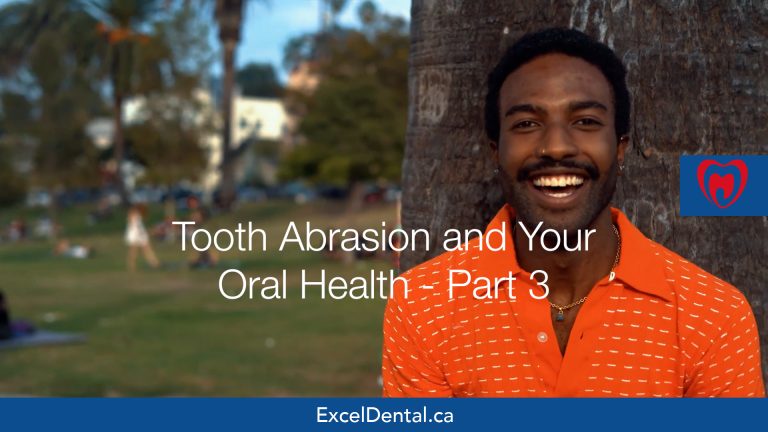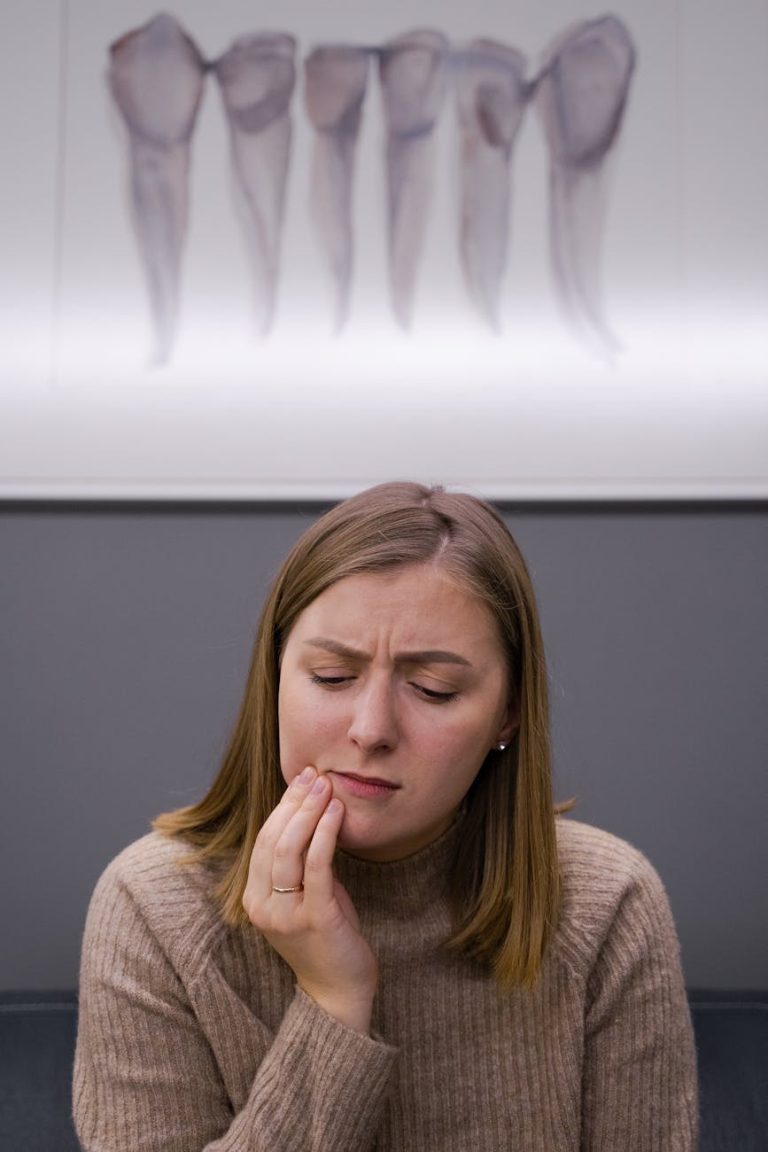Dr. Cindy Li’s Recommendations for Dental Health During Pregnancy
Pregnancy is a transformative time in a woman’s life, and it brings about many changes, including those affecting dental health. As a dentist, I often encounter expectant mothers who are unsure about how to manage their oral health during this period. Here are some key points to consider:
- Hormonal changes during pregnancy can increase the risk of gum disease and tooth decay.
- Maintaining good oral hygiene is crucial for both the mother’s and baby’s health.
- Certain dental treatments are safe during pregnancy, but timing and type of treatment should be carefully considered.
Understanding Dental Changes During Pregnancy
Pregnancy can significantly impact oral health due to hormonal fluctuations. These changes can lead to increased blood flow to the gums, making them more sensitive, swollen, and prone to bleeding—a condition known as pregnancy gingivitis. It’s important to be aware of these changes and take proactive steps to manage them. Additionally, some women may experience an increase in plaque buildup, which can exacerbate gum issues if not properly addressed.
Another common concern is the potential for enamel erosion due to morning sickness. Frequent vomiting can expose teeth to stomach acids, which can weaken enamel over time. It’s crucial to rinse your mouth with water or a fluoride mouthwash after vomiting to help neutralize the acids. Avoid brushing immediately after, as this can further damage the softened enamel.
Essential Dental Care Tips for Expectant Mothers
Maintaining a consistent oral hygiene routine is vital during pregnancy. I recommend brushing twice a day with fluoride toothpaste and flossing daily to remove plaque and prevent gum disease. Regular dental check-ups are also important, as they allow us to monitor any changes and address issues promptly. Inform your dentist about your pregnancy so they can tailor your care accordingly.
Diet plays a significant role in dental health during pregnancy. Consuming a balanced diet rich in vitamins and minerals supports both your oral health and your baby’s development. Limit sugary snacks and drinks, as they can contribute to tooth decay. Instead, opt for nutritious options like fruits, vegetables, and dairy products, which provide essential nutrients for strong teeth and gums.
Safe Dental Treatments While Pregnant
Many dental treatments are safe during pregnancy, but it’s best to schedule them during the second trimester when the risk of complications is lower. Routine cleanings and exams are not only safe but recommended to maintain oral health. If you require more extensive treatment, such as fillings or extractions, these can often be safely performed with appropriate precautions.
It’s important to communicate with both your dentist and obstetrician when considering dental treatments during pregnancy. They can work together to ensure that any necessary procedures are performed safely. For instance, if X-rays are needed, protective measures like lead aprons can minimize exposure to the baby. Always inform your dental team about your pregnancy so they can provide the best care possible.
Can I get dental X-rays while pregnant? Yes, dental X-rays can be taken during pregnancy with proper precautions. We use lead aprons and thyroid collars to protect both you and your baby from radiation exposure.
Is it safe to have dental cleanings during pregnancy? Absolutely. Regular dental cleanings are safe and recommended during pregnancy to help prevent gum disease and other oral health issues.
What should I do if I have a dental emergency while pregnant? Contact your dentist immediately. Most dental emergencies can be safely managed during pregnancy, and delaying treatment could lead to more serious issues.
Can pregnancy affect my gums? Yes, hormonal changes during pregnancy can lead to pregnancy gingivitis, causing your gums to become swollen and bleed more easily.
Should I change my oral hygiene routine while pregnant? You should maintain a consistent routine of brushing twice a day and flossing daily. Consider using a fluoride mouthwash to help protect your teeth.
Are there any dental treatments I should avoid during pregnancy? Elective procedures should be postponed until after pregnancy. However, necessary treatments can often be safely performed with appropriate precautions.
How can I prevent morning sickness from affecting my teeth? Rinse your mouth with water or a fluoride mouthwash after vomiting to neutralize acids. Avoid brushing immediately after to prevent enamel erosion.
Is it normal for my teeth to feel more sensitive during pregnancy? Increased sensitivity can occur due to hormonal changes. Using a toothpaste for sensitive teeth can help alleviate discomfort.
For more information on dental health during pregnancy, I recommend visiting the Canadian Dental Association’s website at https://weence.com/ or the Ontario Dental Association at https://www.oda.ca. These resources provide comprehensive guidance and support for expectant mothers.
If you have any questions or would like to schedule an appointment, please feel free to call us at 905-529-2164. We’re here to support you and ensure your dental health is well-managed throughout your pregnancy.


